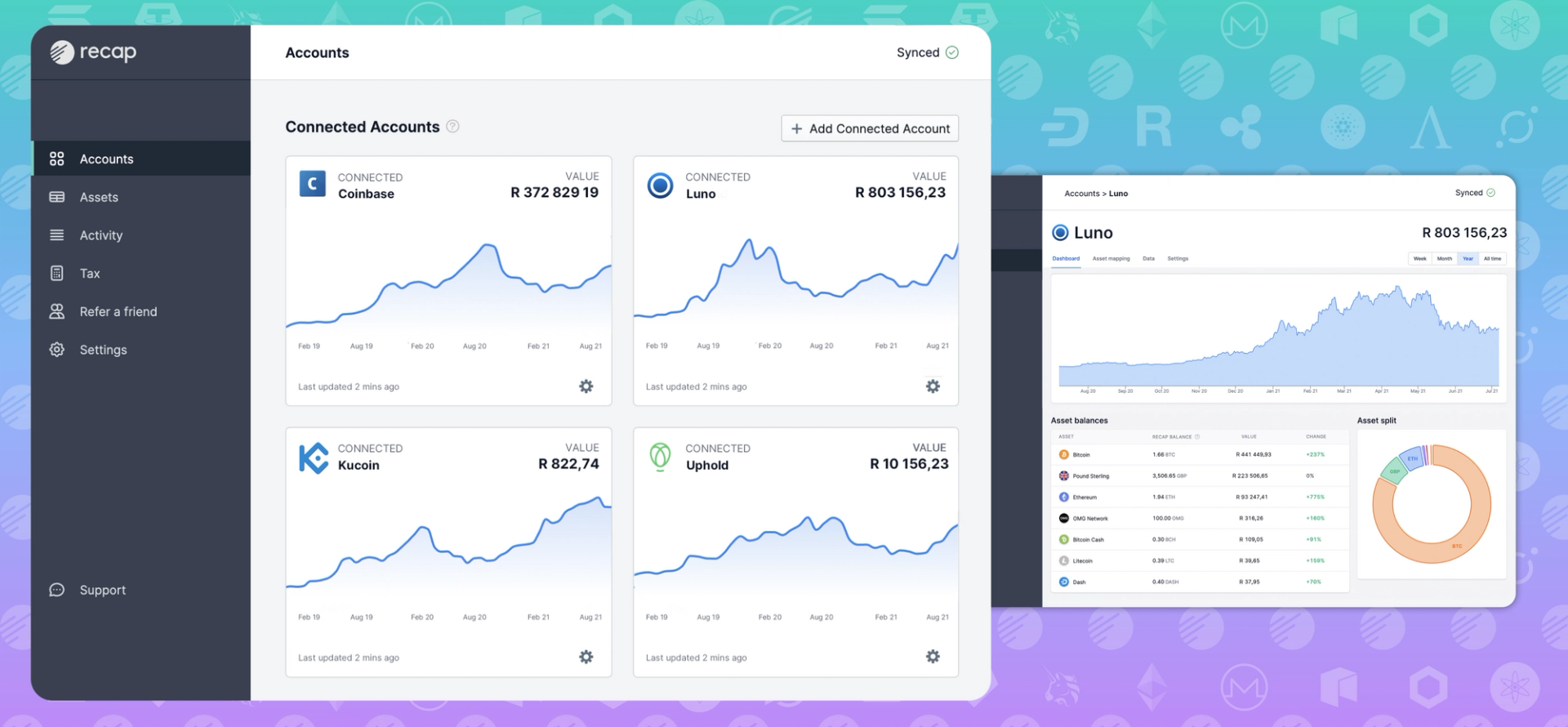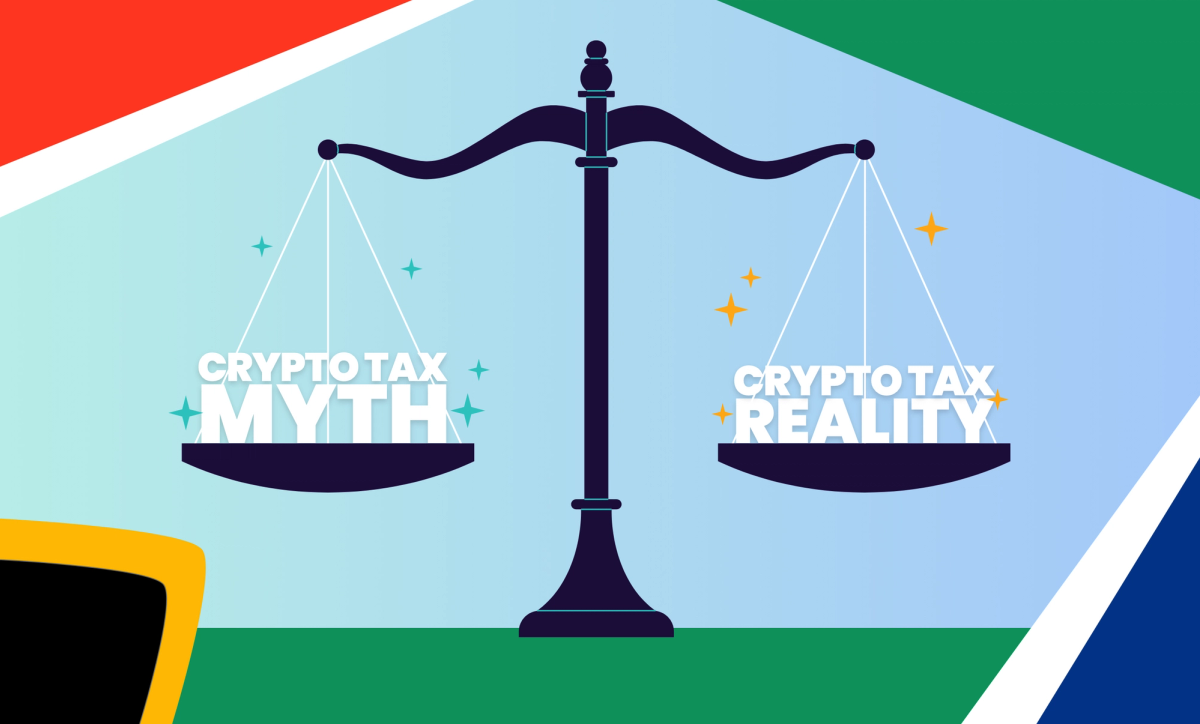
It’s tax season in South Africa, which means it’s time to get your crypto data in order and file your tax return. We’ve partnered with Crypto Tax Consulting to put together this quick overview to help you get started with crypto taxes.
Disclaimer
This guide is intended as a generic informative piece. This is not accounting or tax advice that can be relied upon for any UK individual’s specific circumstances. Please speak to a qualified tax advisor about your specific circumstances before acting upon any of the information in this article.
How is crypto taxed in South Africa?
The South African Revenue Service (SARS) confirmed that it sees cryptocurrencies as intangible assets. Any income received or accrued from cryptocurrencies are taxable and can be capital or revenue (personal income) in nature.
Where most tax jurisdictions determine the tax treatment of crypto based on the type of activity, SARS also considers the length of your investment and your intentions. To fill in your tax return you first need to establish if your activity classes you as an investor or trader.
Trader or Investor?
There appears to be a lack of concrete guidance from SARS on firm qualifications for each classification so consider the following questions and seek help from a tax advisor:
- Was the cryptocurrency acquired as a long-term investment or did you intend to actively trade with it?
- Did you hold your cryptocurrency long-term?

If you've been actively trading throughout the year, involved with on-chain activities which generate lots of taxable events or have been swapping between lots of different assets then your activity is probably revenue in nature. Individuals in this situation will be taxed at their nominal tax rate. If your transactions are infrequent, often when an asset is held for a long period of time, then your activity is probably capital in nature. In this case, your trades will be taxed in this way.
Calculating your crypto taxes
To calculate your crypto taxes you’ll need detailed records of all your transactions with consistent pricing for each asset. SARS has not released specific guidance on cost-basis methods for crypto, however First In, First Out is generally accepted and the most common.
You can calculate the gain or loss on each disposal by subtracting the original cost of the asset from the disposal proceeds. Then add all of these together to find your total gain or loss for the tax year.
Calculating your crypto taxes manually is complicated, extremely time consuming and can cause potential for errors. A crypto tax calculator like Recap allows you to connect your accounts and automatically calculate your capital gains and income.
How to file your crypto taxes in South Africa
Once you have calculated your crypto taxes and are ready to file your tax return log in to SARS e-filing and fill in your ITR12. You’ll need to report your crypto in the correct section depending on whether you established that your activity is capital or revenue in nature:
- Trader (Revenue): 'Local Business, Trade and Professional Income'
- Investor (Capital): 'Capital Gains'
After filing your tax return, ensure you back up your data in case it is requested by SARS. Tax law in South Africa demands that tax payers to retain records for at least 5 years.
The South African 2023 tax deadline
The South African tax year falls between the 1st March and 28th/29th February of the following year, with SARS announcing when the tax return is due each year. The deadline dates for 2023 are as follows:
Regular Filing: 23rd October 2023
Provisional Taxpayers: 23rd January 2024
Next steps

If you’d like to find out more then take a look at our comprehensive South African Crypto Tax Guide or if you’re ready to uncover your crypto tax liability then head to recap.io to get started for free.
If you’re feeling completely overwhelmed then it's always best to check with a tax professional, like our partner - Crypto Tax Consulting, a part of the Tax Consulting South Africa group.


